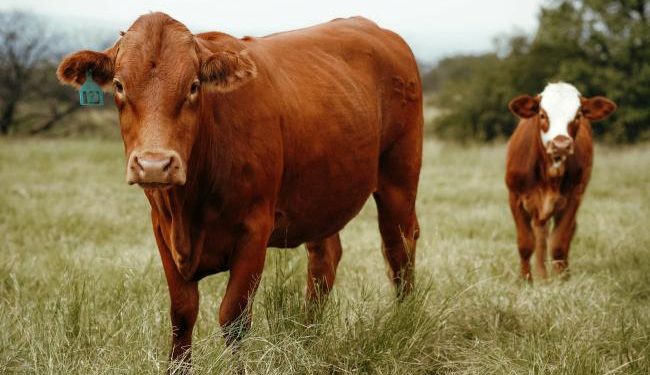
The new report finds that many current systems, particularly indoor housing, fail to meet the welfare needs of beef cattle.
Among the several problems identified by EFSA are a lack of bedding and environmental enrichment; inadequate space allowances; feeding regimes leading to metabolic diseases; lack of outdoor access; abrupt weaning; mutilations without (adequate) pain relief, and risk of heat stress.
In response to these issues, the scientific body has called for more humane housing design, better enrichment, and stricter controls on painful procedures like castration and dehorning. It also argues that cows should always have access to clean water and be in stable social groups, and those kept outdoors should have easily accessible shelter to protect them from extreme cold and heat.
The opinion paves the way for the standardised measurement of welfare at slaughterhouses through animal-based measures, enabling more reliable welfare monitoring retroactively.
What implications could this new opinion have on the EU’s animal welfare legislation?
While certain areas of beef cattle welfare will still require further research, this scientific opinion is clear in setting the stage for beef cattle-specific welfare regulations in the EU, and underlines that evidence-based reforms are essential for ethical, sustainable livestock production.
Currently, no beef-specific on‑farm welfare rules exist outside the general farm animals Directive 98/58/EC. Updating the applicable regulations to reflect the latest scientific knowledge on beef cattle welfare, including this latest opinion, is critical to reduce suffering across the sector.
A comprehensive, science-based approach is needed to ensure that rearing systems and practices support the animals’ physical and behavioural needs throughout their lives. We therefore call on the European Commission to take the following actions:
- Establish specific EU legislation on beef cattle welfare, replacing the current general framework with clear, enforceable standards, and apply this legislation to imported products, to ensure that EU consumption does not inadvertently fuel cruel practices in third countries
- Set ambitious, minimum space allowances that allow animals to express their natural behaviours, require access to soft bedding on solid flooring, environmental enrichment, and outdoor areas where possible; as well as improve housing, feeding and handling practices
- Prohibit routine mutilations such as dehorning and castration without pain relief, regardless of age
- Ban breeding for traits that compromise animal health and welfare, such as extreme muscularity
- Introduce mandatory use of animal-based measures at slaughter to monitor and improve on-farm welfare.
By incorporating EFSA’s recommendations into law, the EU can take meaningful steps towards a more humane, transparent and sustainable beef production system.









Discussion about this post